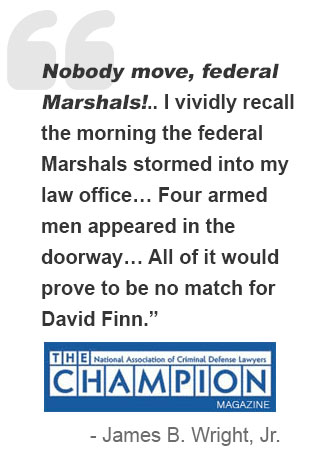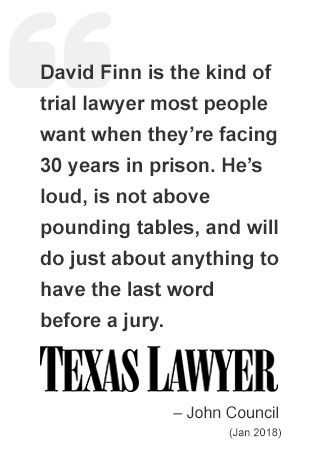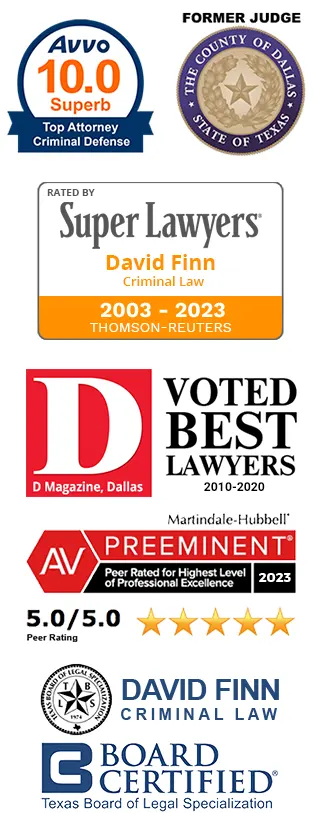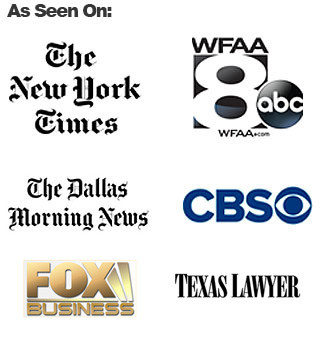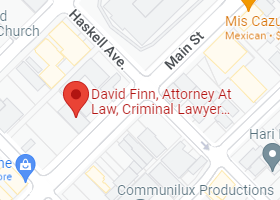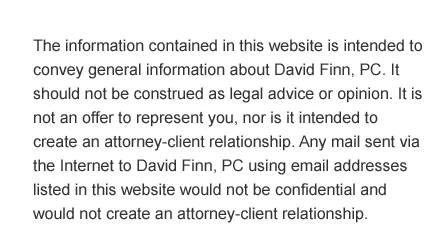


Library of Motions – Defendant Lewis’s Motion And Incorporated Memorandum For Production And Inspection Of Brady Material And/Or Information Which May Lead To Evidence
IN THE 291st CRIMINAL DISTRICT COURT
DALLAS COUNTY, TEXAS
|
THE STATE OF TEXAS v. DAMONS LOUISE |
CRIMINAL NUMBER: F0283772 |
DEFENDANT LEWIS’S MOTION AND INCORPORATED
MEMORANDUM FOR PRODUCTION AND INSPECTION OF BRADY MATERIAL AND/OR INFORMATION WHICH MAY LEAD TO EVIDENCE
Defendant DAMONS LOUISE (“Defendant ”) hereby moves this Court, pursuant to Brady v. Maryland, 373 U.S. 83 (1963) and its progeny, to order the government to inquire about and make the following disclosures.
A. SPECIFIC BRADY REQUESTS
The Defendant respectfully requests that the Court order the government to inquire about and to disclose all materials, information, photographs, videos, recordings, records, notes, reports, electronic mail, communication and statements (herein referred to as “information”) known to the Government/State or which may become known, or which through due diligence may be learned from the investigating officers or the witnesses or persons having knowledge of this case, which is exculpatory in nature or favorable to Defendant or may lead to exculpatory or favorable material regarding either guilt or punishment. This includes, but is not limited to the following:
1. Information tending to indicate that Defendant is not guilty of the offenses alleged in the Indictments.
2. Information showing Defendant’s reputation for honesty, integrity, and/or trustworthiness.
3. Information showing the reputation for honesty, integrity, and/or trustworthiness, and/or any criminal record of any witness called by the State, including any complaining witness.
4. Names of any individuals who made an arguably favorable statement about the Defendant, or who indicated to law enforcement that Defendant is not guilty of the crimes alleged in the Indictments, or that the Defendant might not have had the intent to deprive the owner of property or funds or that any appropriation of property or funds was done with the owner’s effective consent or that the value of the property or funds alleged to have been stolen or illegally converted is less then the amounts alleged in the Indictments.
5. Information which arguably could be helpful or useful to the defense in detracting from the probative force of the government’s evidence, including impeachment evidence, or which arguably could lead to such information, including information that the Defendant might not have had the intent to deprive the owner of property or funds or that any appropriation of property or funds was done with the owner’s effective consent or that the value of the property or funds alleged to have been stolen or illegally converted is less then the amounts alleged in the Indictments. This request includes, but is not limited to, the following information, regarding any potential witness, informant or any government agent who has been involved in the investigation of this case:
(a) requests or statements by government agents or employees to any individual or corporation regarding the payment of defendants’ legal fees or expenses;
(b) prior convictions, arrests, misconduct, wrongs or bad acts;
(c) prior or subsequent inconsistent statements;
(d) instructions not to discuss the case with defense counsel;
(e) the mental, emotional, and physical history of Defendant, or any witness,
(f) the use of any lie detector or polygraph tests on any witness and the results;
(g) the use of narcotics or other controlled substances or alcohol;
(h) defect or deficiency of character for truthfulness, including but not limited to the complainant and officers involved in the investigation/arrest of Defendant;
(i) partiality, prejudice, bias, motive, interest or corruption;
(j) any defect or deficiency of capacity in any prospective witness to observe, remember or recount events;
(k) the existence and identification of each occasion on which each witness who was or is an informer, accomplice, or expert, has testified before any court, grand jury, or other tribunal or body;
(l) any benefit to individuals whatsoever in exchange for their cooperation, assistance or testimony, and any incentives paid, promised or discussed with the witness and the witness’s prior history of cooperation with law enforcement;
(m) a threat to prosecute if cooperation was not forthcoming;
(n)a promise or suggestion of leniency, compensation, assurance not to prosecute, or representations with respect to any uncharged misconduct;
(o) the immigration status of any potential government witness or informant who is not a United States citizen;
(p) any probation, parole, deferred adjudication, or deferred government or custodial status;
(q) any pending or potential criminal, civil or administrative investigations, legal disputes or transactions over which the government has real, apparent or perceived influence which could be brought against the witness or friends or relatives of the witness;
B. ARGUMENT
1. Disclosure of Materials.
The settled principles in Brady v. Maryland, 373 U.S. 83 (1963), United States v. Agurs, 427 U.S. 97 (1976), and Kyles v. Whitley, 514 U.S. 419 (1995), instruct that the government may not suppress evidence favorable to a defendant either as direct or impeaching evidence. All documents and information which are exculpatory must be provided to the defense.
Courts have noted that the test is not whether the government attorneys believe the material to be favorable to the defense. Rather, it is whether the material “could fairly be construed as favorable to the defendant and material to the issue of guilt or punishment. . . .” United States v. Partin, 320 F. Supp. 285 ( E.D. La. 1970). Doubts as to whether certain items of evidence or types of information could be construed in the defense’s favor should be resolved in favor of their production to the defense. United States v. Perkins, 383 F. Supp. 922, 930 (N.D. Ohio 1974). Since material containing leads to possible exculpatory evidence must also be produced under Brady, the evidence itself need not be admissible at trial.
All information relating to the credibility of a witness clearly must be provided to the Defendant. United States v. Bagley, 473 U.S. 667 (1985). Under Rule 608(b) of the Fed. R. Evid., the court has discretion to permit a defendant to cross-examine a witness as to specific instances of misconduct — so called bad acts. The purpose of such testimony is specifically to attack the witness’ character; therefore, the government should be ordered to disclose to the defense any behavior of government witnesses that might arguably constitute such bad acts.
Similarly, the government has an obligation to disclose any and all consideration which is held out to a witness, or which the witness objectively hopes for or anticipates, because such consideration directly gives rise to an inference of interest. United States v. Mayer, 556 F.2d 245 (5 th Cir. 1977). A defendant is also entitled to be advised of any matter which might cause a witness to color his testimony in favor of the government out of fear or interest in self-preservation. Thus, the government must disclose both the stick and the carrot. United States v. Sutton, 542 F.2d 1239 (4 th Cir. 1976). If the government possesses any information which might reveal that anyone became a witness in this case because of any pressure applied to him by any other federal law enforcement or regulatory body, the government should be required to disclose this information.
The evidence of any such representations, which have been made by the government or which the government will make at any future time, is discoverable pursuant to the Due Process Clause of the Fifth and Fourteenth Amendments to the Constitution; and the withholding of any such evidence constitutes a denial to a defendant herein of his constitutionally protected rights to due process and fundamental fairness in the criminal proceedings brought against him. Giglio v. United States, 405 U.S. 150 (1972); Brady, 373 U.S. at 85. Such evidence is not only exculpatory in the sense that it is legitimate grounds for impeachment of any witnesses the government may call to testify against the defendant, Williams v. Dutton 400 F.2d 797 (5 th Cir. 1968), cert. denied, 343 U.S. 1105 (1969), but also is discoverable by a defendant in order to show such witnesses’ bias or prejudice in testifying at trial. Davis v. Alaska, 415 U.S. 308 (1974).
2. Prompt Disclosure.
Moreover, the production of the requested material should be required promptly and not postponed for the following reasons:
If it is to be any use to him at all, common sense dictates that evidence in the Government’s possession favorable to the defendant should be made available to him far enough in advance of trial to allow him sufficient time for its evaluation, preparation, and presentation at trial. Otherwise, the trial might well have to be interrupted for an inordinate length of time until the defendant has had an opportunity to explore all the ramifications of the Government’s disclosure, track down distant witnesses, examine documents or the like. Such probable delay could sensibly be avoided by pre-trial disclosure in those cases where disclosure is called for.
United States v. Partin , 320 F. Supp. 275 ( E.D. La. 1970).
3. Request for Thorough Search.
The prosecutor in this case must search not only for his own files for Brady material, but also the files of other employees of the District Attorney’s Office, including any victim/witness contact personnel, whether paid or volunteers , and any other municipal, county, state or federal agencies involved in this matter, including the U.S. and Texas Securities and Exchange Commission, Texas Attorney General’s Office, Dallas Police Department, the Dallas County Sheriff’s Office, and the United States Department of Justice. See, e.g., Kyles v. Whitney, 514 U.S. 419, 437, 115 S. Ct. 1555, 1567 (1995) (“[T]he individual prosecutor has a duty to learn of any favorable evidence known to the other acting on the government’s behalf in the case, including the police.”); United States v. Wood, 57 F.3d 733, 737 (9 th Cir. 1995) (holding that exculpatory material in the possession of the Food and Drug Administration (“FDA”) files was within the constructive knowledge and possession of the prosecutors because the FDA was involved in the investigation and the FDA was the agency charged with administering the statute at issue); United States v. McVeigh, 954 F. Supp. 1441, 1450 (D. Colo. 1997) (holding that, in their search for Brady material, prosecutors must “inform themselves about everything that is known in all of the archives and all of the data banks of all of the agencies collecting information which could assist in the construction of alternative scenarios to that which they intend to prove at trial”).
C. PRAYER
For these reasons, Defendant Loses requests that the government be required to produce all items enumerated in this Motion.
Dated: May 2, 2006 Respectfully submitted,
David Finn, P.C.
| By: | |
| David Finn MILNER & FINN 2828 North Harwood, Suite 1950 Dallas, Texas 75201 Texas Bar No. 07026900 (214) 651.1121 (telephone) |
|
| Counsel for Defendant | |
CERTIFICATE OF SERVICE
The undersigned hereby certifies that a true and correct copy of the above and foregoing document has been served, via hand-delivery, upon all counsel of record, as identified below, on May 2, 2006:
| Mr. Jeff Bray Assistant District Attorney Workroom Dallas County District Attorney’s Office Dallas, Texas |
David Finn
ORDER GRANTING DEFENDANT’S MOTION FOR PRODUCTION AND INSPECTION OF BRADY MATERIAL AND/OR INFORMATION WHICH MAY LEAD TO EVIDENCE
CAME ON for consideration Defendant Loses’s Motion for Production and Inspection of Brady Material and/or Information Which May Lead to Evidence and, upon consideration, the Court is of the opinion that said Motion should be granted.
SO ORDERED this ________ day of _________________, 2003.
__________________________________________
JUDGE SUSAN HAWK
Phone Numbers
Office: (214) 538-6629

